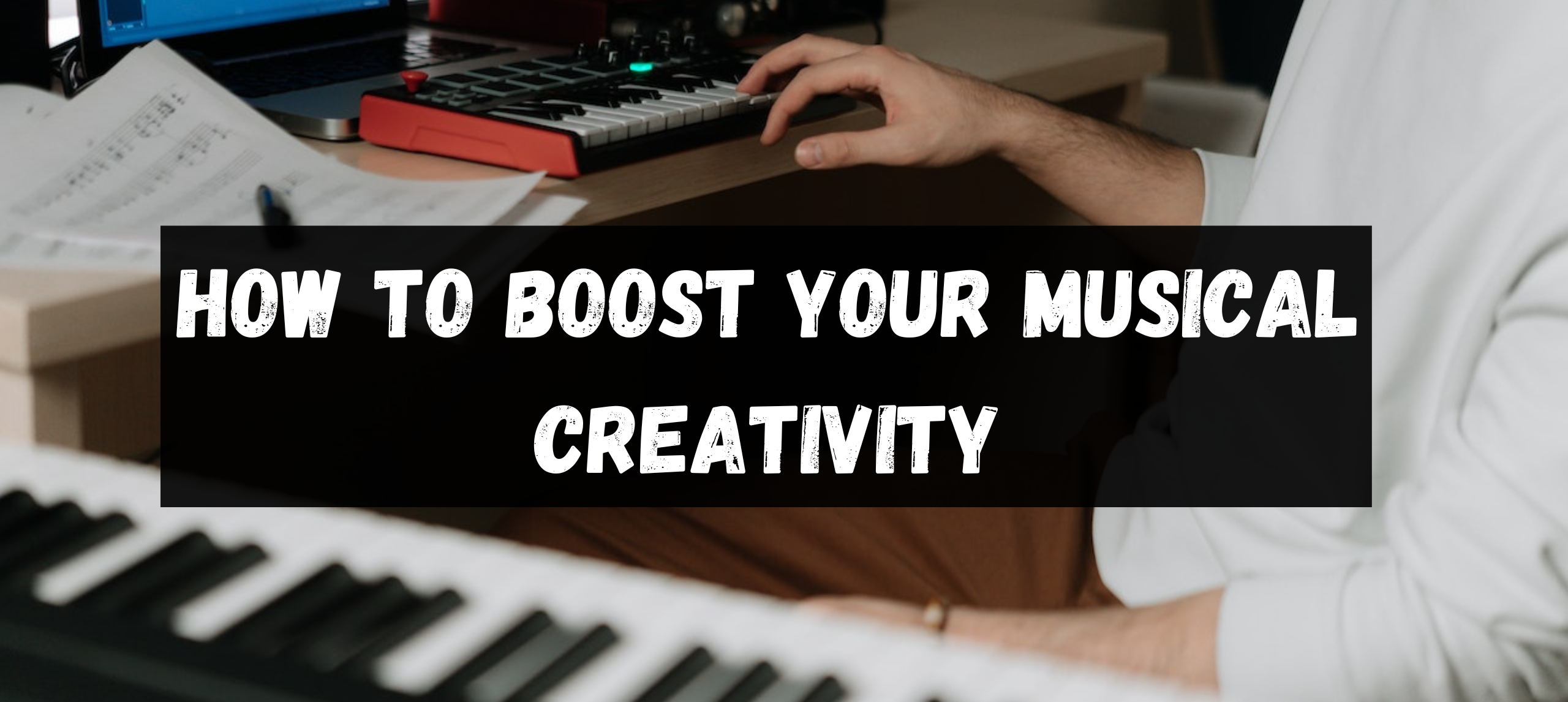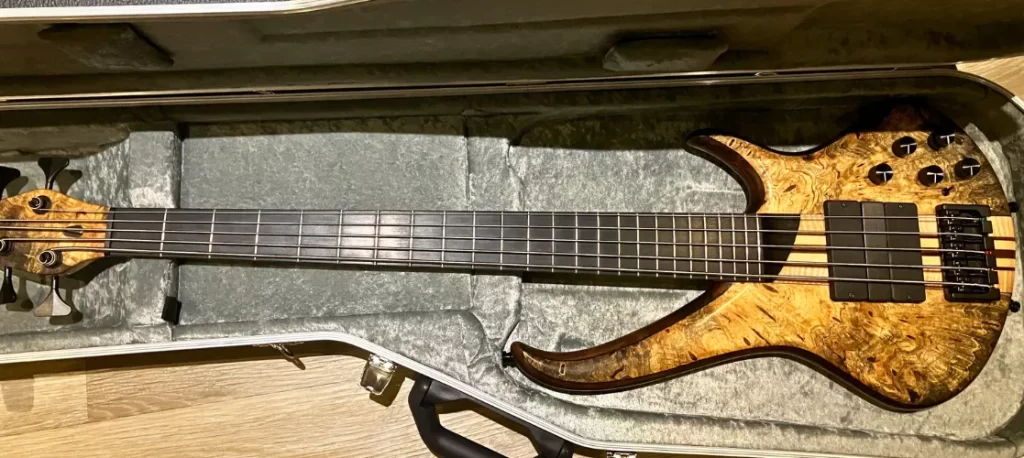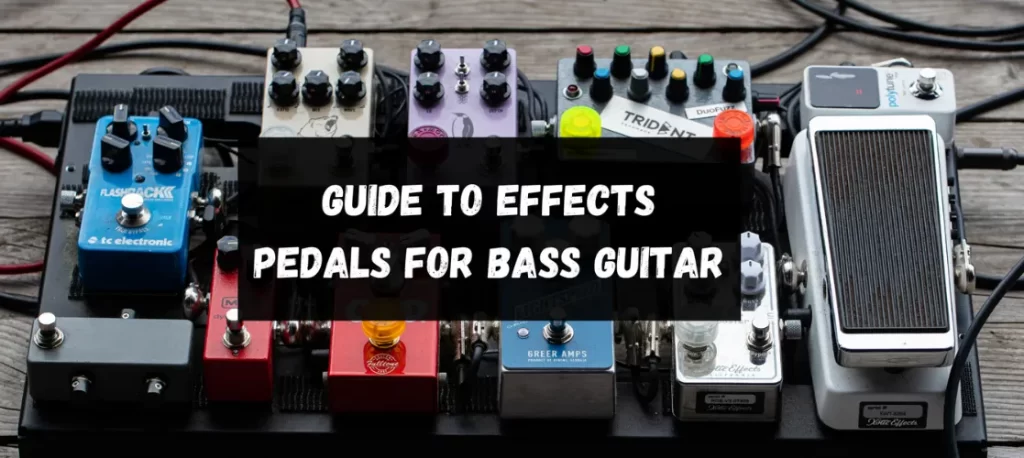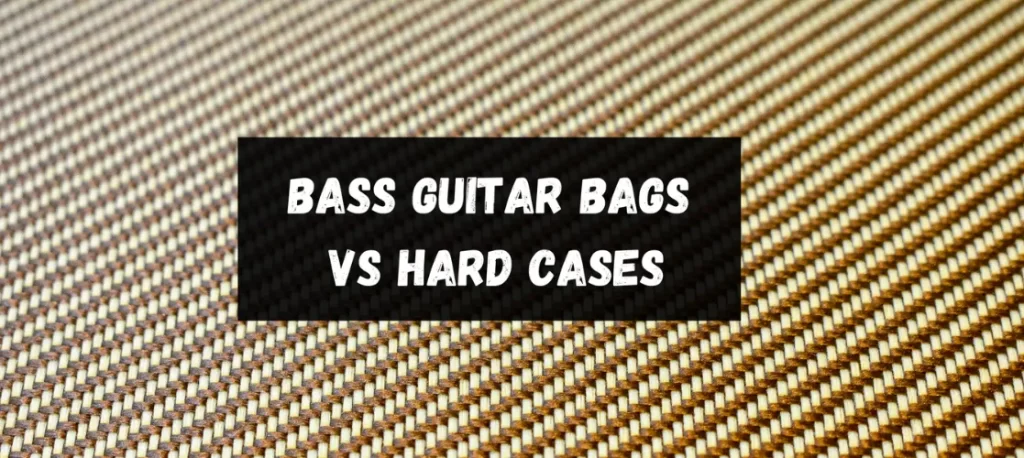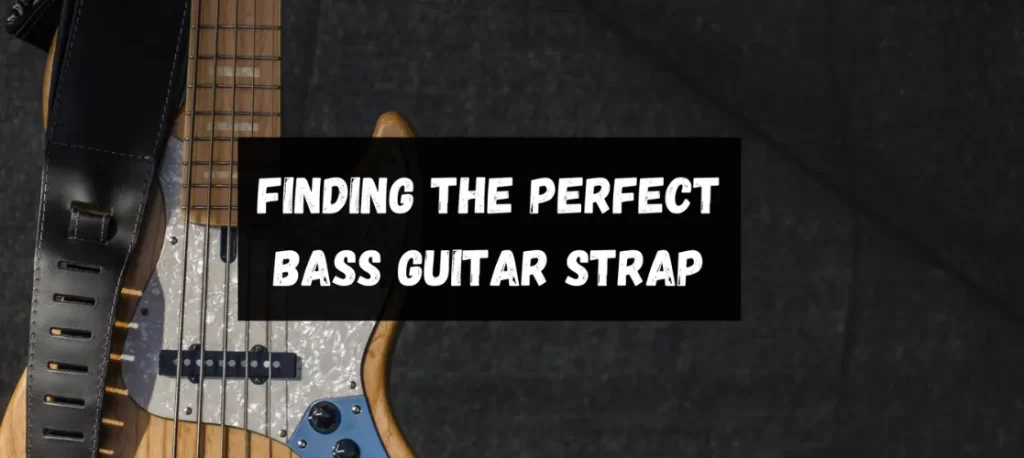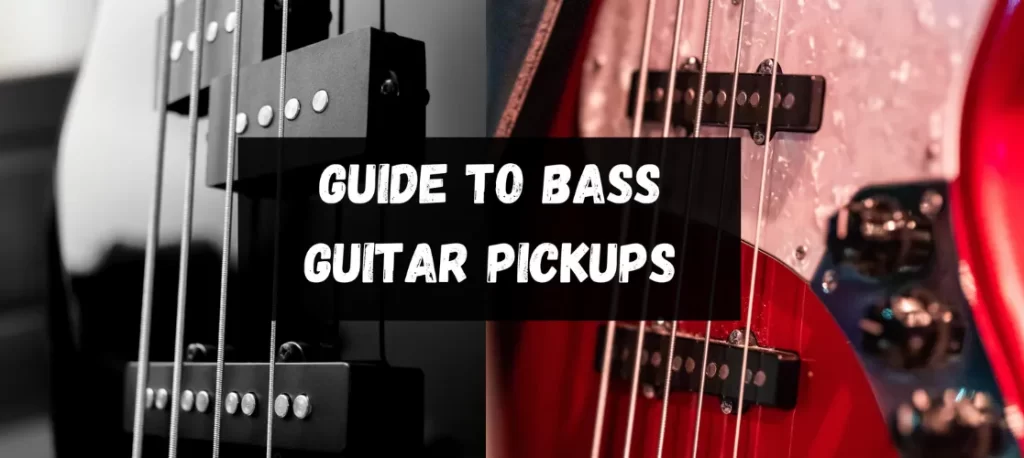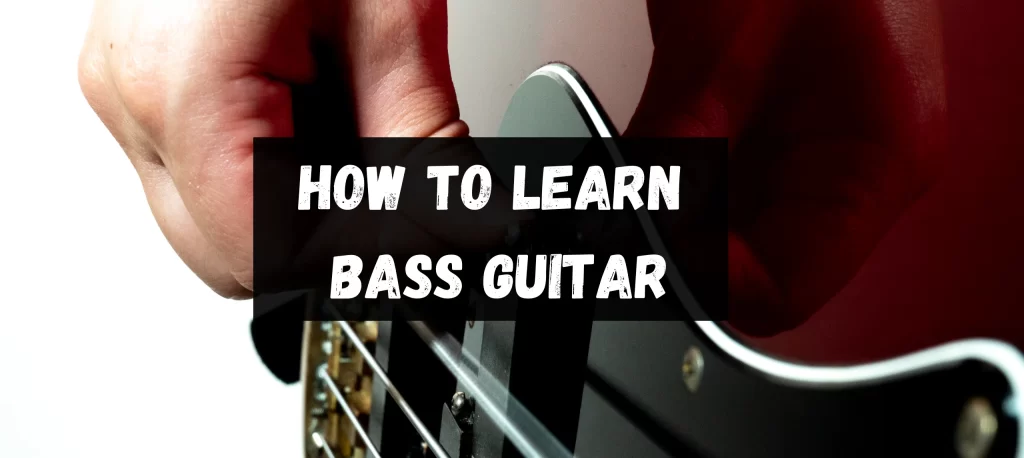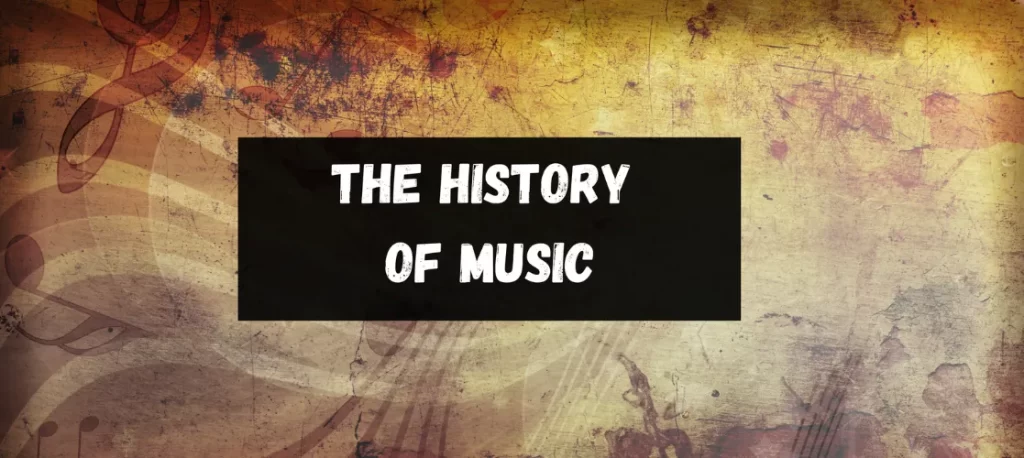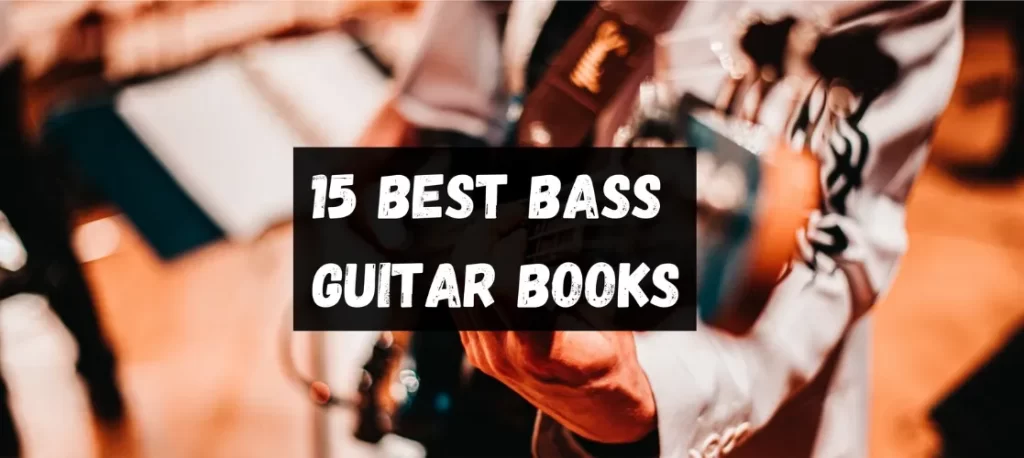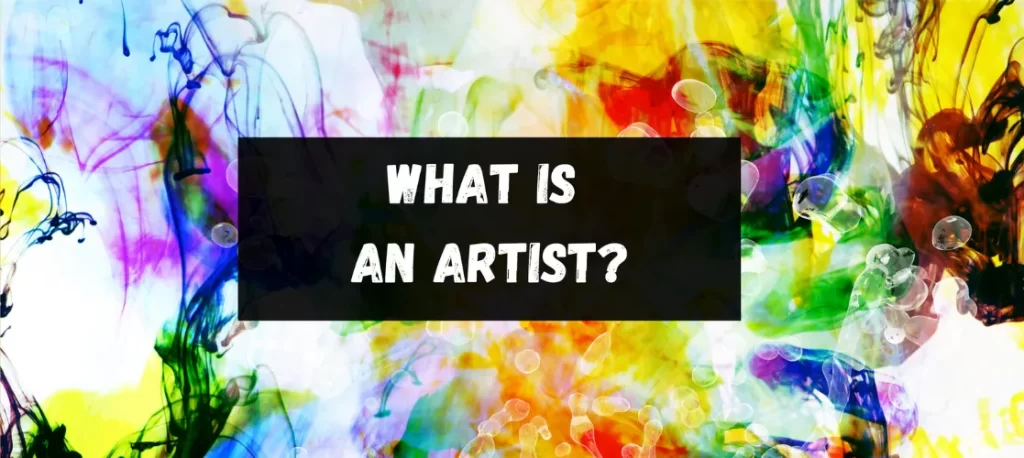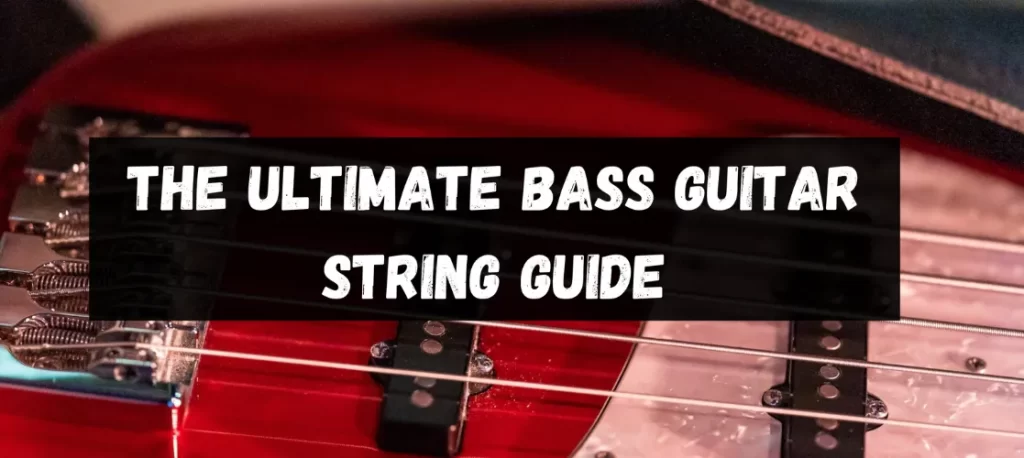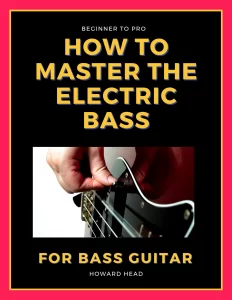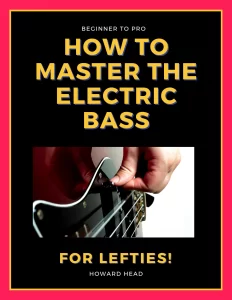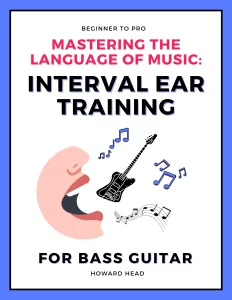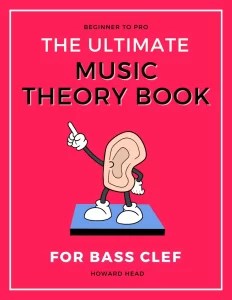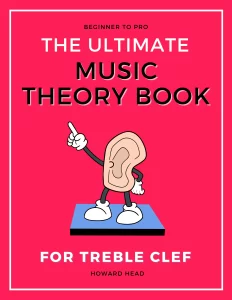November 7, 2022
Howard
Have you ever sat down wanting to create music but hit a dead end as you had no inspiration, drive or creativity? This problem is quite common as sometimes the creator needs to be in the right mood to work their best. Luckily, I’ve got some ways in which you can boost your musical creativity so that you can improve both the quality and efficiency of your creative process. Join me as I run through some top tips:
Just do it and start.
If you want to get good at something, you need to work hard on it until you get good and skilled. So stop messing about and start writing! Most songs a songwriter produces may not be that good and may only have a few good ones out of hundred tries. But if you can create one really good song, that can skyrocket your career!
Once you’ve started writing a song, finish it
This is the advice John Lennon gave George Harrison, and it must have worked very well as George went on to write probably the greatest love song in the world (Something) amongst other great songs after this advice. Most often, songs are very mood led and if you put the song down to come back to, it can be very difficult to go back into the same emotional state. So persevere and finish it in one sitting!
Dedicate a time slot
Give yourself creative freedom and focus by dedicating a solid time slot. Or better still, don’t let yourself do anything else until you’ve finished. This point also ties in with the point above, try to finish something in that time whilst you’re in the same mood. If you can’t finish something in time, just listen to Winston Churchill’s advice ‘Perfection is the enemy of progress.’
Lyrics or Music First?
There are two ways to start writing songs, though it all depends on what works for you and what you deem most important.
- You start with the lyrics
- You start with the music
If you look online and ask if consumers actually listen to the lyrics, you will see that they are quite divided. However, to decide which method to use, you must consider the type of music you’re creating and the audience that mostly listens to that music.
For instance, Folk, Hip Hop, one-man bands and singer-songwriters have a very large focus on lyrics. The music accompanies what they have to say and is usually stripped back and not as important. If lyrics are most important to you, become a poetry expert and start writing your lyrics first. What’s great about writing lyrics first is that you have a solid idea of what the song will be about, giving you a clear direction for writing the music.
If writing the music first, you also have two choices:
- You can start with chords, a mood and a groove
- You can start with a melody
Many artists prefer to work on the music first and foremost. The Beatles lyrics weren’t that deep, and they always messed around with them (just watch Get Back), Phil Collins captured the mood first (watch how he wrote In The Air Tonight), and I think the same can be said with countless other musicians.
Types of music with a large focus on making people dance may want to start with a groove, mood and vibe (Disco, Funk, Dance, RnB). Starting with chords is a great option, and this way, you also narrow your options for the melody as you’ll often want to use non-tension notes and consider utilising target notes.
However, starting with a melody is also hugely beneficial, especially if you want to create a memorable hook (Pop, Rock). Sometimes, the notes in a melody can also suggest a chord progression. This method may be best if you want listeners to hum or whistle to your tune. The melodies also don’t have to be played by the voice but by other instruments, e.g. the guitar riff of the synth line in house music.
Consider what aspect you deem to be most important, and focus on that first!
Use pictures/imagery to get inspiration for a mood
If music is all about expressing emotion, then perhaps we can use other art/media forms to get us to the right emotional state before we start writing. If you’re writing relaxing songs, then maybe looking at images of exotic beaches, the sea, sunny paradises etc., would get you there and influence your writing. If you’re creating urban pop songs, maybe get some images of city life to consider what your consumers may relate to. It’s all up to the artist and the reason they want to make a song.
This idea also brings up the point of how important album artwork is. The artwork is the first thing a consumer sees when they pick up a record, and it will make the consumer feel something before they even listen to the music.
Artwork, in general, is also excellent to look at and understand how important colour is and its effect on our emotions. Here’s a list of colours and the emotions they can bring, known as colour psychology:
- Red: Passion, love, anger, exciting
- Orange: Warmth, happiness, optimism, friendly
- Blue: Relaxing, calmness, sadness, peace, cool
- Yellow: Happiness, caution, positivity, creativity
- Green: Friendliness, greed, disgust, nature, balance, growth
- Purple: Courage, wealth, wisdom, spiritual, mystery
- Grey: Neutrality, balance, depression
- Black: Intelligence, sophistication, mystery
- Pink: Cheeriness, playful, kind, love
- White: Purity, neutrality, innocence, clean
Check out Mark Rothko’s art and see if it elicits a certain feeling in you.
Take inspiration from everywhere. Be observant
Books, films, tv shows, scenery, places, holidays…can all elicit different emotions in you and be an inspiration that could spur on a song!
Experiment
To stand out amongst the countless other songwriters, experimenting and finding a unique style puts you in a niche, removing all competition (remember, 60,000 tracks get added to Spotify every day. That’s a lot of competition!). Get creative and be brave to try things that have never been tried before. Here are some tips/ideas on experimenting:
Free yourself. Hope for mistakes or switch instruments
Throw the rules, your reliable bag of licks, and everything you know about music out the window. Completely free yourself, open the creative tap and see what happens. One of the best ways to do this is to play around on an instrument you have no clue how to play. You see, if you always write on the same instrument all the time, sometimes muscle memory kicks in and can influence the notes you play. Hope for ‘mistakes’ and the notes you never play, and come up with unique melodies.
Limit yourself
In comparison, limiting yourself to just a few notes will force you to get creative and develop new ways of making the same notes sound interesting each time you play them. Limiting yourself to notes forces you to come up with exciting rhythms.
Constraints are what spur innovation, as jazz legend Charles Mingus famously put it: ‘You can’t improvise on nothing, man; you’ve gotta improvise on something.’
Close your eyes or Turn off the lights
You may often see musicians close their eyes when they’re really into the music, and personally, I think it does help. By removing one sense (your sight), your brain can focus more on hearing. This may also be why Stevie Wonder, Ray Charles, Andrea Bocelli and countless other blind musicians are among the best. Turning off the light or using a blindfold forces focus and blindness upon you!
Learn Music Theory, Your Instrument and Your Tools
When playing or writing music, you really want your creativity and emotions to pour out with as little resistance as possible. Becoming proficient at your instrument so that there’s no separation between yourself and your tool is the musician’s ultimate goal. Music theory is the same and is like learning the rules. Yes, breaking the rules or not understanding the rules gives you complete freedom. But not knowing them at all would leave you blind in the dark and confused. It would be like trying to write a novel without knowing how to construct a sentence or punctuation. It’s essential if you decide to write the chords of your song first. I have a music theory book out which contains everything I learnt from my University course (costing over £22,000) and more from my 10+ years of learning music.
Become good at using your DAW (Digital Audio Workstation)
Another tool which is good to understand is your DAW. If you’re writing music on a computer, understanding how it works can really speed up the process. Having a fast computer is also a must (imagine trying to write a relaxing song whilst constantly annoyed at your slow computer hampering you!).
Avoid editing
Don’t become too much of a perfectionist, especially if you’re just getting the ideas down. The ideas can be refined later. Contrary to what I said above, it can also be beneficial not to be too good at production; you can always pay someone who knows far more than you to finish it – leaving you to focus your efforts on musical creativity.
Exercise or take a break
I know I started this musical creativity blog stating that you need to continuously work hard on your songwriting (and you do), but you also need to know when your body and mind need to reset to remain optimal. So work hard, but stay healthy.
Musical Creativity Conclusion
I hope these musical creativity tips find to be most useful to you. If you have any other musical creativity tips that you find useful, please share them in the comments!

Howard Head
I turn confused bass enthusiasts into bass gods through a simple and logical process.

